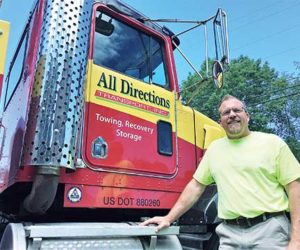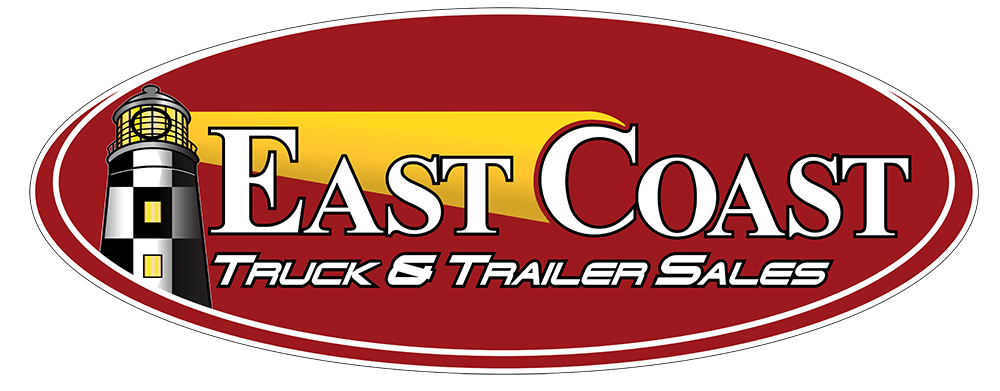Tow Truck Operators Overlooked Link in Accident Response Chain
Drivers can endure mental, financial strain when removing wrecks
Vehicles collide on a well-used stretch of highway; a single car goes off a back road in the middle of the night. Auto accidents happen every day, caused by weather or sudden mistakes, and scenes of inconvenience or tragic devastation are quickly encircled by police cruisers, fire engines, ambulances and, waiting nearby, a tow truck or two.
Like other first responders, tow operators are subjected to many of the shocking sights faced by law enforcement officers, firefighters and emergency medical technicians, which is simply part of a job many of them continue to do despite the possibilities of mental and physical strain, but also risks to their financial health.
While emergency personnel who try to save lives and maintain order are certain to be paid, tow truck operators can go without compensation for their efforts clearing wrecked vehicles from accident scenes.
Doug Merrill is one of hundreds of operators in Maine who has dealt with all of these hazards over a decade in the towing industry. The first rule he holds in his mind when recovering car wrecks is to keep his eyes on the work.
“I’ve recovered cars deep out of the woods with bodies in them,” said Merrill, whose experience has taught him to focus on attaching cables and straps to the exterior of crashed autos rather than checking inside. “I don’t want to look in the window. You keep your eyes down.”
Merrill, who owns All Directions Transport in Hope, recalls seeing 13 or 14 bodies of accident victims in the past decade, including three in one week. For a time, he did not want to ride his motorcycle because of the disturbing scenes he encountered.
Merrill believes the most significant aspect of his recovery work is to clear accident scenes as quickly as possible, without further damaging vehicles, so that emergency workers, especially police, are available for the next incident they will face. “I’m trying to get them done and get them moving along,” he said.
Yet he notes that tow operators suffer some of the same stress brought on by witnessing tragedy without the formal mental or emotional support systems of the type normally available to law enforcement, firefighters and EMTs.
“It does affect you,” said Merrill, who employs two other drivers at his business on Route 17. “We’ve had some horrific accidents. It’s amazing how many there are.”
There are also the physical demands of a job that involves hooking heavy machinery to hulking cement trucks, overturned rigs and cumbersome autos of every shape. Yet accident recovery often occurs in fields or wooded areas that are wet, overgrown with grass or covered in brush, exposing operators to poison ivy or the swarms of ticks that have overrun Maine and spread Lyme disease and related illnesses.
Then there is the financial gamble involving insurance companies and their customers whose vehicles have been removed from an accident scene.
Tow truck operators are summoned to accidents by local law enforcement, who call the closest company to ensure a quick response, with occasional exceptions if drivers make a reasonable request for a specific firm.
Merrill explained that full comprehensive insurance covers both the drivers who cause accidents and the victims. Basic liability insurance, however, only covers payouts to victims by insurers when their customers are at fault.
“Liability pays for, basically, the people you hit,” Merrill said, adding that tow operators are not guaranteed to be a factor in the equation.
Insurance will pay for towing, but only if the vehicle has comprehensive coverage. Drivers who carry liability packages are left to pay for towing, leading owners to abandon cars that are too old or damaged to make retrieval and repairs worthwhile.
“People just walk away,” said Joel Gay, owner of Oyster River Towing in Warren. He believes drivers who cause accidents and then abandon their vehicles at tow shops should be required by the state to fulfill their financial obligations.
“Before they register another vehicle they should at least pay for the [wrecked] vehicle,” said Gay, who estimates he has not been paid for towing about 30 vehicles over the past four years.
Excerpt Courtesy of The Free Press

